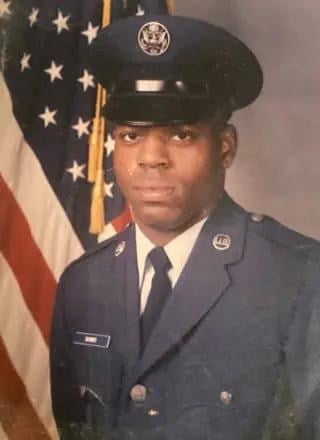
The late Tina Turner performed the song “We Don’t Need Another Hero” in the 1985 film “Mad Max Beyond Thunderdome.”
While the context of the tune is a post-apocalyptic landscape of people searching for a hero, a savior, according to oldtimemusic.com, its overarching message is that we need the strength to rise above adversity and find the hero in ourselves.
But the song is also about being a hero to the outside world.
“So, what do we do with our lives
We leave only a mark.
Will our story shine like a light or end in the dark?“
“The song became an anthem for empowerment and social change,” notes oldtimemusic.com. ‘It inspired individuals to question the status quo and strive for a better world.”
The death of Russian opposition leader Aleksei Navalny earlier this month reminds us of a hero who questioned the status quo and paid for it with his life. Navalny chose to return to Russia and certain imprisonment after recovering in Germany from a poisoning attributed to Vladimir Putin in 2020.
He died, said Russian authorities, from “sudden death syndrome” at a frigid and unforgiving penal colony in the Arctic Circle. The rest of us know he perished because he was the best-known opposition to Putin.
“If your beliefs are worth something, you must be willing to stand up for them,” Navalny said in a Facebook post a month before his death. “And if necessary, make some sacrifices.”
The idea of heroes is an unceasing narrative in America and elsewhere. Is the fact that we made Martin Luther King Jr., Nelson Mandela and Gandhi – among others – into world heroes a reflection of how we need such people to step up when we can’t – or won’t?
The answer is yes. Three scientists who studied the subject have identified at least 12 functions of heroes, according to Psychology Today. Among them: They give us hope, they heal us, they give us meaning and purpose.
To do that, they make monumental sacrifices.
Take the unknown, unarmed citizen who stood before a tank and refused to let it pass during protests in China’s Tiananmen Square in 1989. No one knew who he was. He hasn’t been seen since. But he still inspires us.
And why?
“We need heroes to get us through this challenging experience called life,” one of the scientists who studied bravery, Scott T. Allison, wrote in Psychology Today. “Heroes help us survive, and they help us thrive. They help us through our worst times and they prepare us for our best times.”
Allison and his two colleagues also showed that heroes don’t have to be physically present to benefit the rest of us. Just remembering them, they concluded, can accomplish that.
Remembering Navalny is also an opportunity to continue the cause of dissent – in Russia and around the world – by speaking truth to power. Navalny had the courage of his convictions and the bravery to do something about it. He did not go quietly into that good night.
“Navalny provided a glimpse of what Russia could be,” writes Emily Parker on CNN. “He accomplished what had once seemed impossible.”
And what about the rest of us? At the very least, we can make our voices heard, in our own country, in our cities, in our schools, in our government – when we perceive injustice.
“The appalling silence of the good people,” King once said, “is as serious as the vitriolic words of the bad.”







